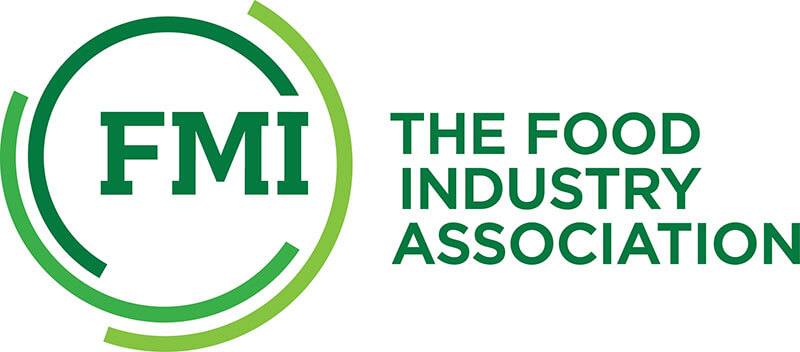FMI – The Food Industry Association applauds the U.S. House of Representatives Energy & Commerce Health Subcommittee’s bipartisan passage of the Drug Price Transparency in Medicaid Act (H.R. 1613).
The legislation is sponsored by Reps. Buddy Carter (R-GA), Vicente Gonzalez (D-TX), Elise Stefanik (R-NY), Deborah Ross (D-NC), Rick Allen (R-GA) and Jake Auchincloss (D-MA).
Included as Section 303 of the Transparent PRICE Act (H.R. 3281), which was passed without any opposition, this section would prevent pharmaceutical middlemen known as pharmacy benefits managers from engaging in spread pricing in Medicaid – a practice in which PBMs charge the state or Medicaid managed care programs more for a drug than they reimburse pharmacies for dispensing it, retaining the difference or “spread.”
“FMI members operate approximately 12,000 supermarket pharmacies in communities across the country, providing patients and customers – including Medicaid beneficiaries – with vital medications and other pharmacy services,” stated FMI Chief Public Policy Offer Jennifer Hatcher. “These pharmacies are especially important access points for consumers in underserved, low-income, rural, and urban communities. However, anticompetitive PBMs create endless schemes to effectively force pharmacies to dispense drugs below cost, increasingly driving many supermarket pharmacies out of the business.
“The Drug Price Transparency in Medicaid Act provides Congress with a meaningful opportunity to bring greater drug pricing transparency to Medicaid, for the benefit of patients, pharmacies and all taxpayers. We appreciate the Energy & Commerce Committee’s bipartisan passage of this legislation today, and we thank the bill sponsors for their leadership. We look forward to working with them and Congressional leadership to ensure this important legislation becomes law in the 118th Congress.”
As the food industry association, FMI works with and on behalf of the entire industry to advance a safer, healthier and more efficient consumer food supply chain. FMI brings together a wide range of members across the value chain – from retailers that sell to consumers, to producers that supply food and other products, as well as the wide variety of companies providing critical services – to amplify the collective work of the industry.

